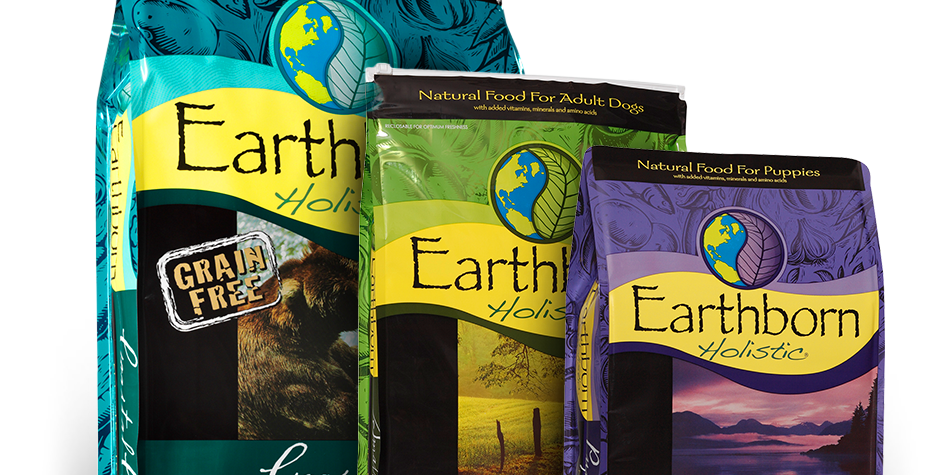Your dog’s digestive system and caloric needs are different from yours. Dogs, for instance, cannot process certain foods such as grapes (Could cause renal failure), chocolate (Allergy symptoms and possible increase in heart rate, restlessness, and vomiting—death in large doses), onions (Anemia), fruit (Often too acidic for a dog’s digestive system and high in sugar). And while it’s best that your dog avoids most human-type foods, he or she can be trained to appropriately enjoy certain treats such as turkey-scraps on Thanksgiving, etc.
Your dog should be fed once or twice daily—three times for puppies three-to-six months old—and your dog should be fed a high-quality dog food that provides the dog with its daily calorie needs–some dogs, especially active dogs, may need slightly more than the recommended amount.
You will want to feed your dog with a food that he or she is comfortable with, and don’t change the food without first breaking in the dog’s digestive system to the new food. In the event that you do wish to change your dog’s food, you will want to give him or her the new food in progressive amounts that are mixed with the dog’s old food. This breaks in the dog’s digestive system a little at a time. The progression should last for a few days to a week, watching your dog’s daily digestive habits to ensure that he or she is handling the transition well without any undo—diarrhea and gassiness are two common symptoms of rushing a dog too fast into a new dog food.
Remember how important it is to feed your dog at the exact same time—or at least very close to it—every day. Your dog thrives on routine, and he or she will be happier, calmer, if given a routine. Mornings and evenings are obvious choices, but most importantly these are very reliable times, because if you ever need to board your dog for any length of time, the kennel staff will likely do the feedings in the morning and the evening; and if your dog is already accustomed to the schedule, he or she will be calmer, happier dog even when boarded.






